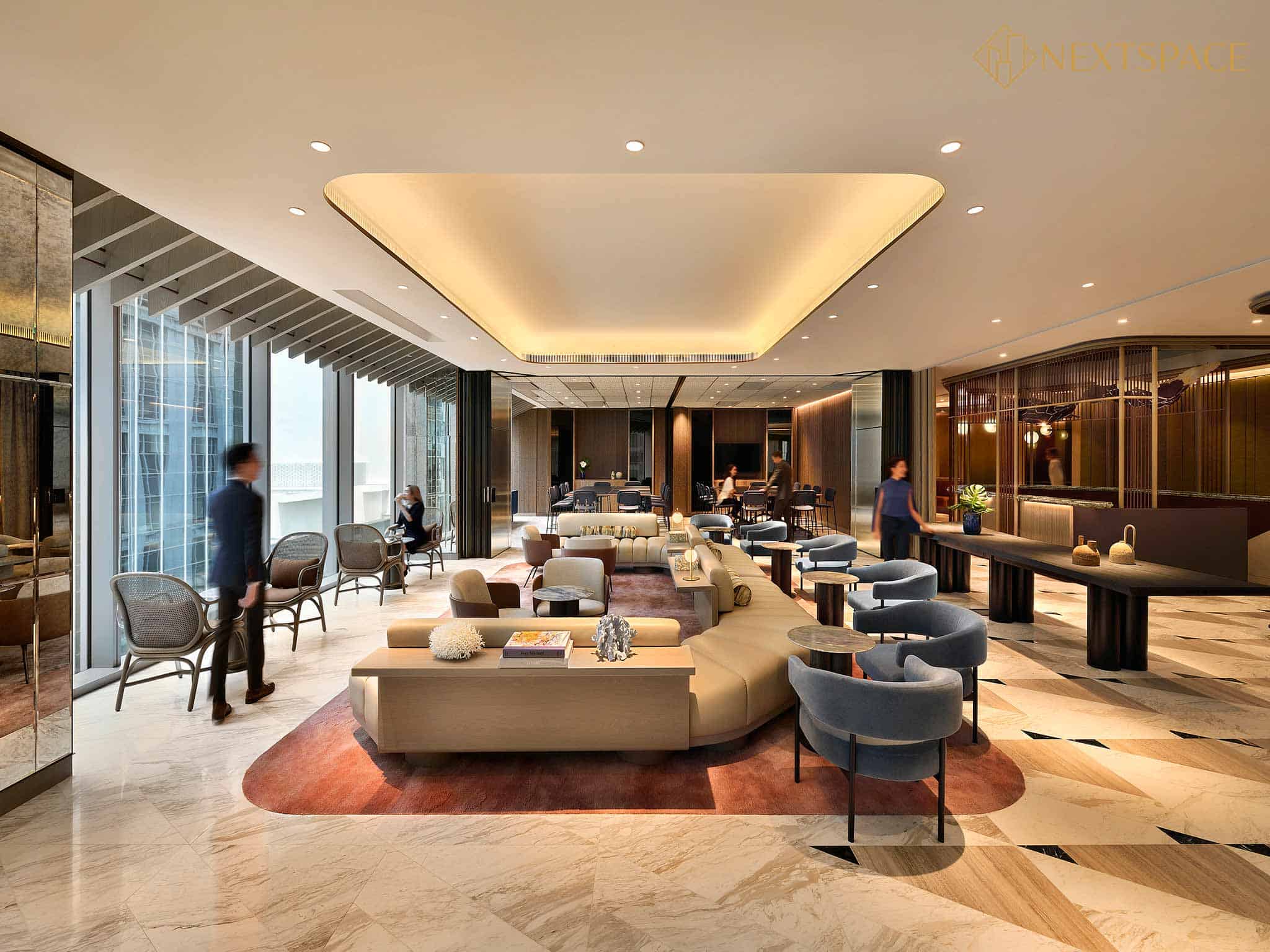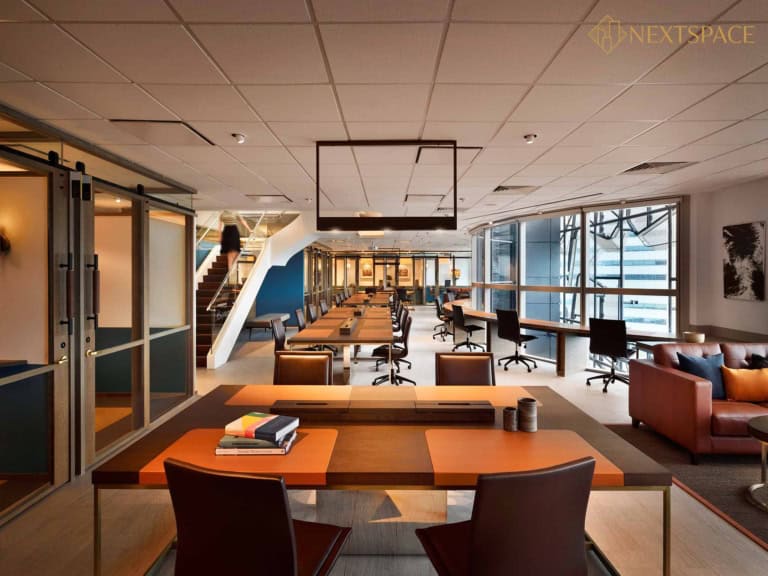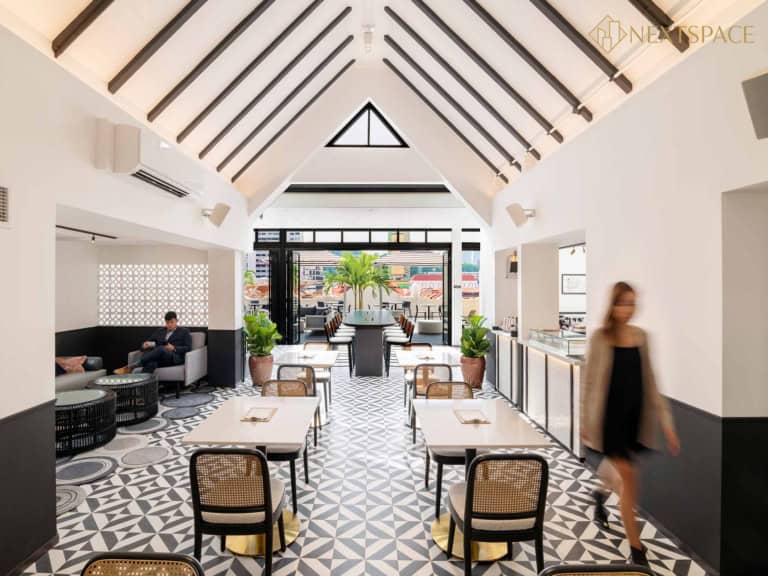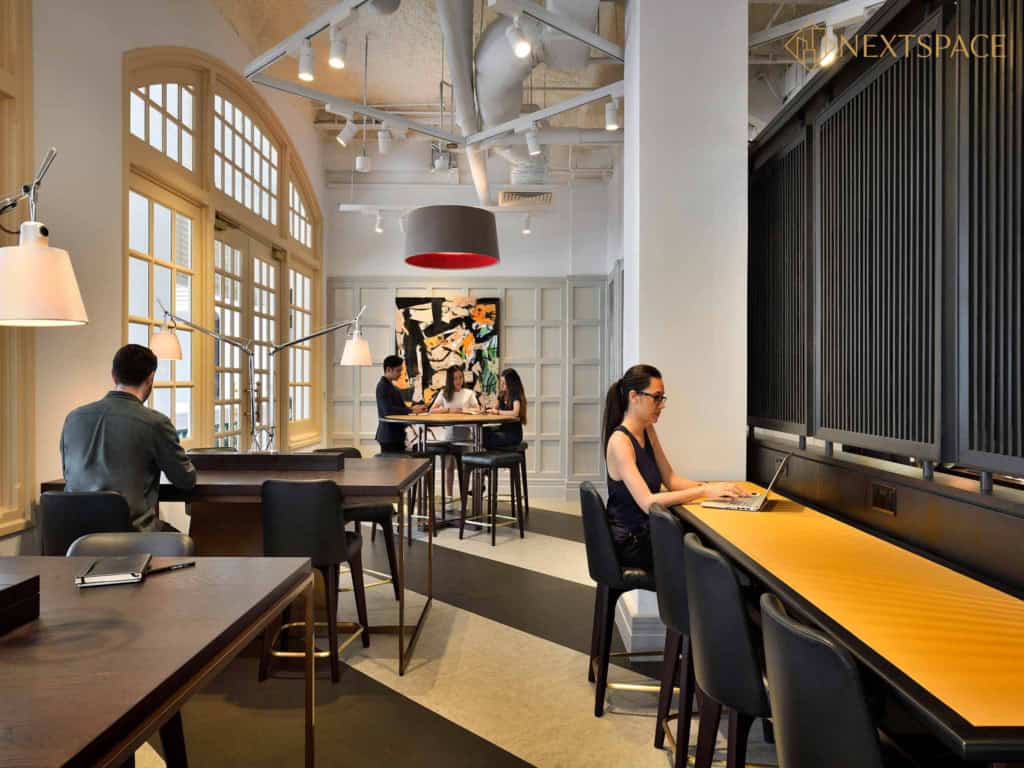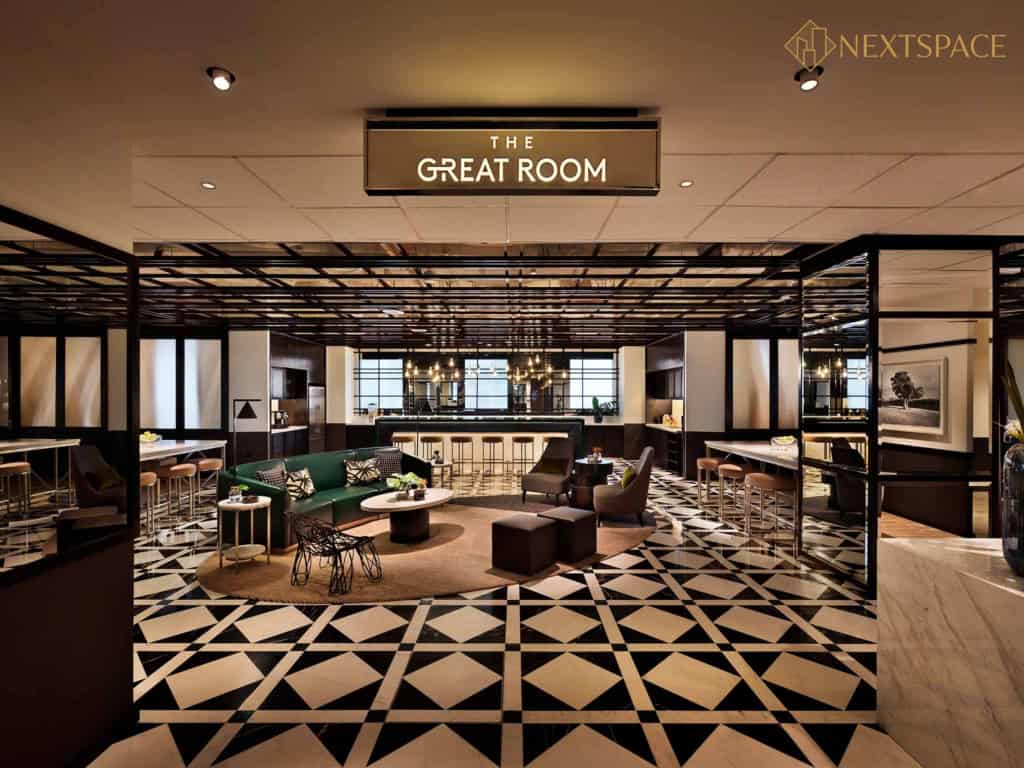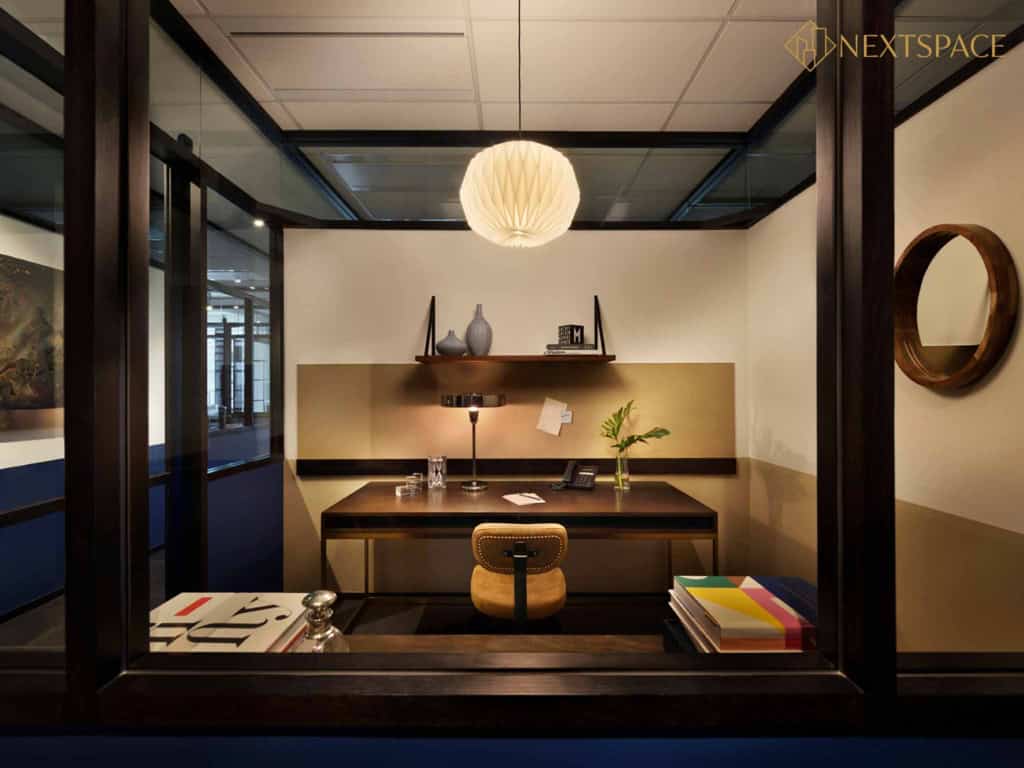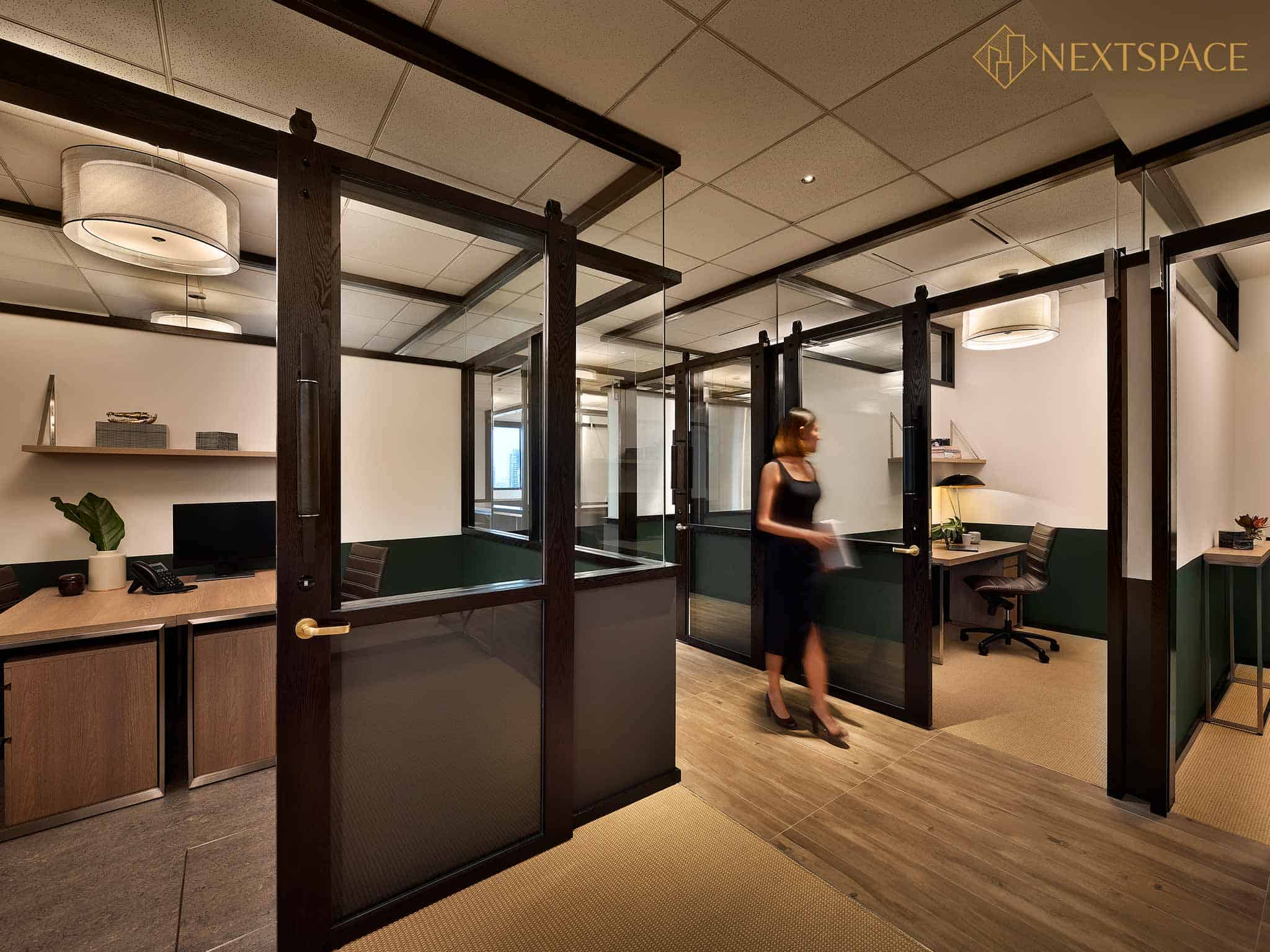1. What is the typical price range for coworking in Singapore?
You’ll find hot desks from around SGD 300 per month, while dedicated offices in premium locations may reach SGD 1,500 or more per month.
2. Are coworking spaces suitable for larger teams?
Yes—many offer scalable enterprise solutions, from partitioned suites to whole office floors.
3. What about confidentiality and security?
Most coworking providers offer dedicated, lockable offices, secure internet, and access controls to handle confidential work.
4. How quickly can a business complete the transition?
Many firms do initial pilots within a month, and a complete transition is often accomplished in one to three months depending on your scale and requirements.
General Questions on Coworking Spaces in Singapore
1. What are coworking spaces, and how do they work in Singapore?
Coworking spaces are shared office environments where individuals, startups, and businesses can rent desks, private offices, or meeting rooms on a flexible basis. In Singapore, these spaces are tailored to varied professional needs, providing essential amenities, community events, and networking opportunities.
2. What are the typical amenities offered by coworking spaces in Singapore?
You’ll usually find high-speed internet, printing/scanning services, private meeting rooms, communal lounges, event spaces, complimentary beverages, dedicated phone booths, mail handling, and often on-site staff support.
3. How much does it cost to use a coworking space in Singapore?
Pricing can vary widely depending on location, brand, and amenities. Hot desks may start from SGD 200/month, while private offices can range from SGD 500–1,500/month or more.
4. Do coworking spaces in Singapore offer 24/7 access?
Many coworking spaces provide 24/7 access for members, especially in premium or centrally located venues, though access times can differ by operator and membership plan.
5. Can coworking spaces in Singapore accommodate teams and companies, not just freelancers?
Yes, most spaces are equipped to serve businesses of all sizes—from solo entrepreneurs to large enterprise teams—offering scalable solutions for team growth and collaboration.
6. What is the difference between hot desk, dedicated desk, and private office memberships?
A hot desk membership allows flexible seating in shared areas, a dedicated desk gives you a reserved spot, and a private office membership offers enclosed office space for your exclusive use.
7. Are coworking spaces suitable for hosting client meetings or events in Singapore?
Absolutely. Most spaces offer well-equipped meeting rooms and event areas that can be booked for client presentations, workshops, or larger gatherings.
8. How do I choose the right coworking space in Singapore for my needs?
Consider factors such as location, pricing, amenities, community culture, access hours, lease flexibility, and any value-added services (like networking events or business support).
9. Are there coworking spaces in Singapore focused on specific industries or communities?
Yes. Some operators focus on niches such as tech, creative industries, sustainability, or female entrepreneurs, creating communities tailored to shared interests and expertise.
10. What health and safety measures can be expected post-pandemic in Singapore’s coworking spaces?
Spaces have ramped up cleaning protocols, offer contactless entry, provide sanitization stations, and encourage social distancing. Many also leverage technology for contact tracing and capacity monitoring.
11. Do I need to sign long-term contracts to use a coworking space?
Most spaces offer flexible membership plans with options ranging from daily passes to monthly or even yearly commitments, making it easy to choose what suits your needs best.
12. How does using a coworking space benefit productivity or company culture?
Coworking spaces foster collaboration, networking, and creativity. They often provide opportunities for learning and professional growth through events, while their lively environments can boost motivation and morale.
